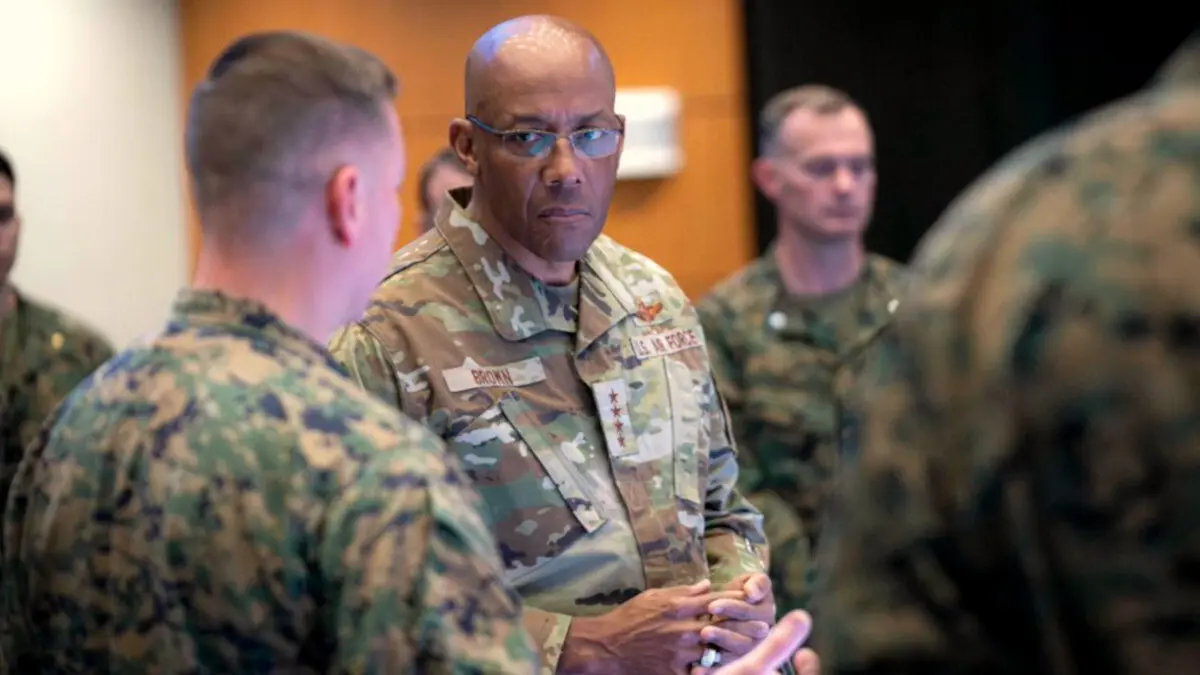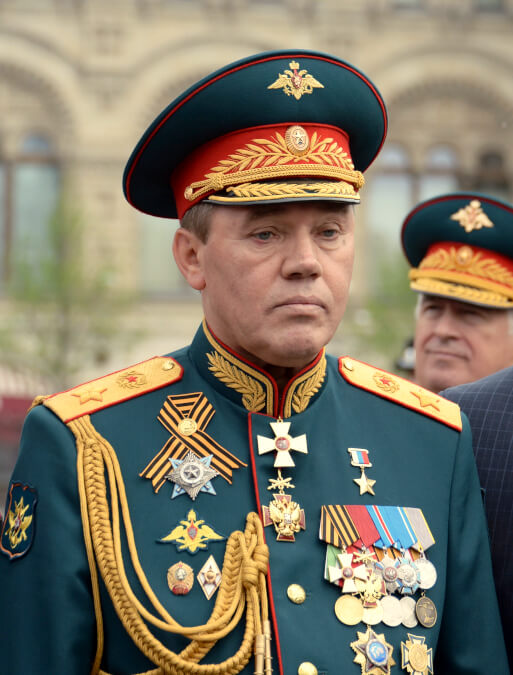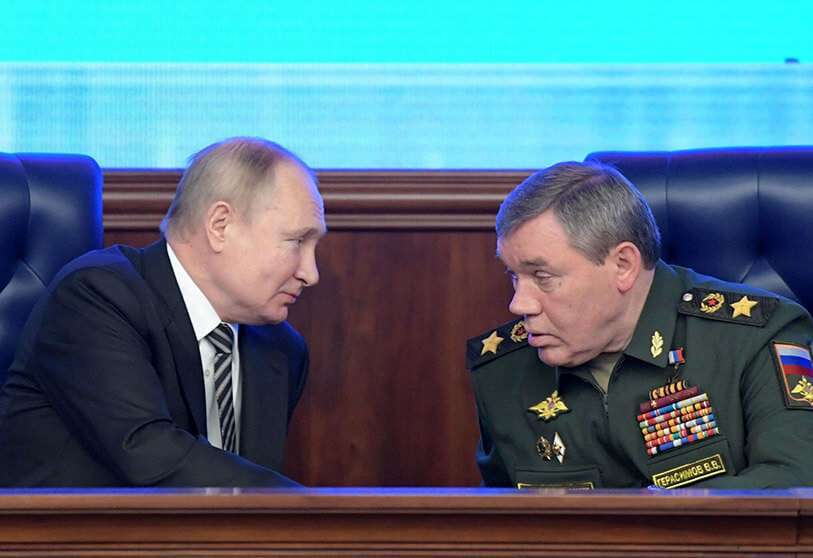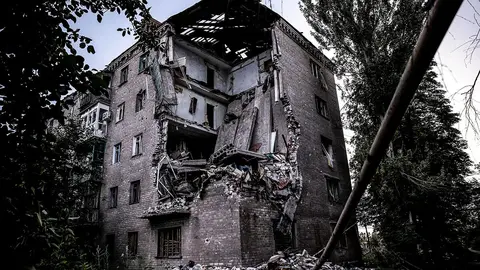US and Russia hold urgent phone talks after Oreshnik missile launch

Russian Chief of General Staff Valery Gerasimov and US Chief of Staff Charles Q. Brown discussed rising tensions after Russia's Oreshnik missile attack and Washington's approval for Ukraine to conduct long-range strikes. The talks focused on preventing further escalation of the conflict.
The trigger for the call was Russian military exercises involving more than 1,000 troops, 10 ships and 24 aircraft, including MiG-31 fighters armed with Kinzhal hypersonic missiles, according to the Russian Defence Ministry.

On 27 November, Gerasimov informed his US counterpart Brown of the upcoming missile tests in the eastern Mediterranean and asked to avoid the exercise area. In the same week, Russian President Vladimir Putin announced that Moscow will have the full right to attack military installations of countries whose weapons are used against Russia.
Gerasimov had previously contacted the US military in 2022, when concerns about escalating conflict in Ukraine were discussed, and in March 2023, when a Russian fighter jet shot down a US MQ-9 drone over the Black Sea in an aerial manoeuvre.
Brown's spokesman revealed that the call, initiated by Russia, was conditional on non-disclosure in advance. The conversation was the first recorded since Brown's appointment as US Chief of Staff.

Later, in a statement, the spokesman confirmed that ‘the two discussed a range of global and regional security issues, including the ongoing conflict in Ukraine’. Another concern conveyed to the Russian general was the incursion of North Korean troops into the battlefield.
Days later, Gerasimov contacted his British counterpart, Admiral Tony Radakin, with whom he also had a telephone conversation where the issue of ‘dirty bombs’ was mentioned for the first time.
The Russian Defence Ministry said that Radakin ‘denied in this talk Russia's accusations that Ukraine is planning actions that would aggravate the conflict’.
In contrast, the UK MoD noted that the chiefs of staff ‘agreed on the importance of keeping channels of communication open between the UK and Russia to manage the risks of misjudgement and promote calm’.









